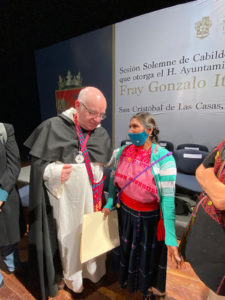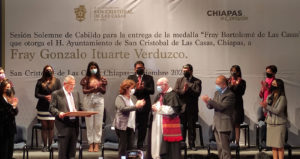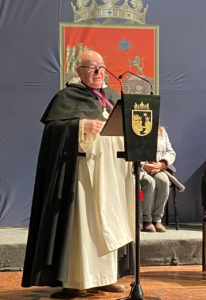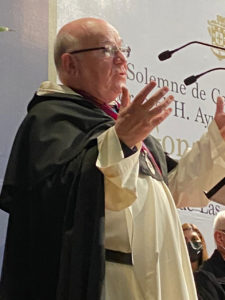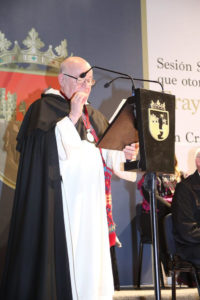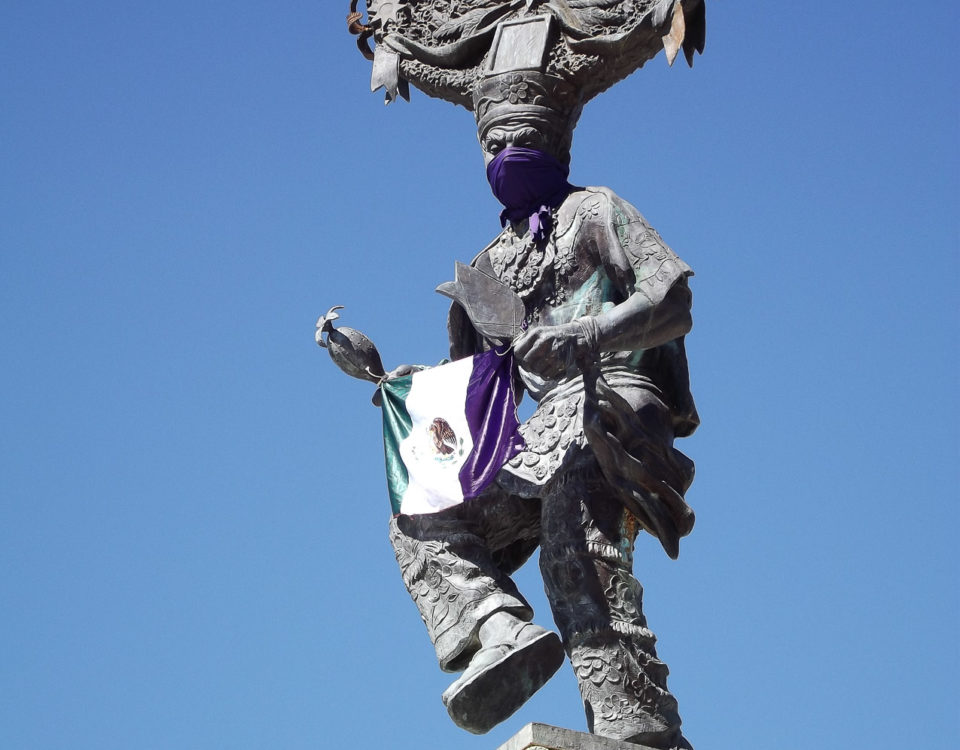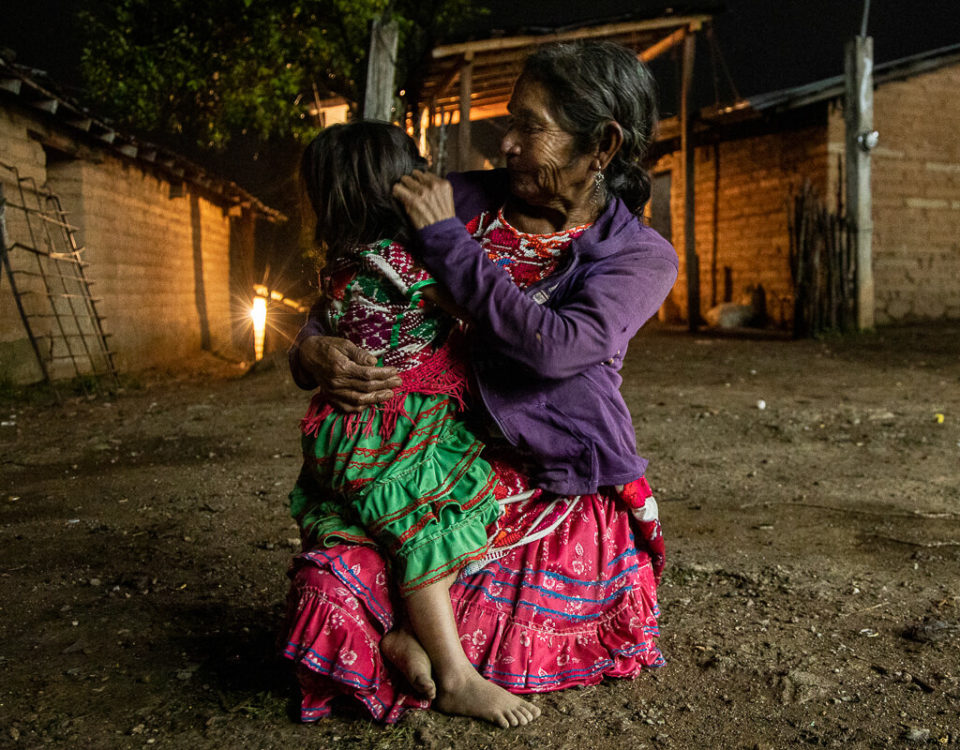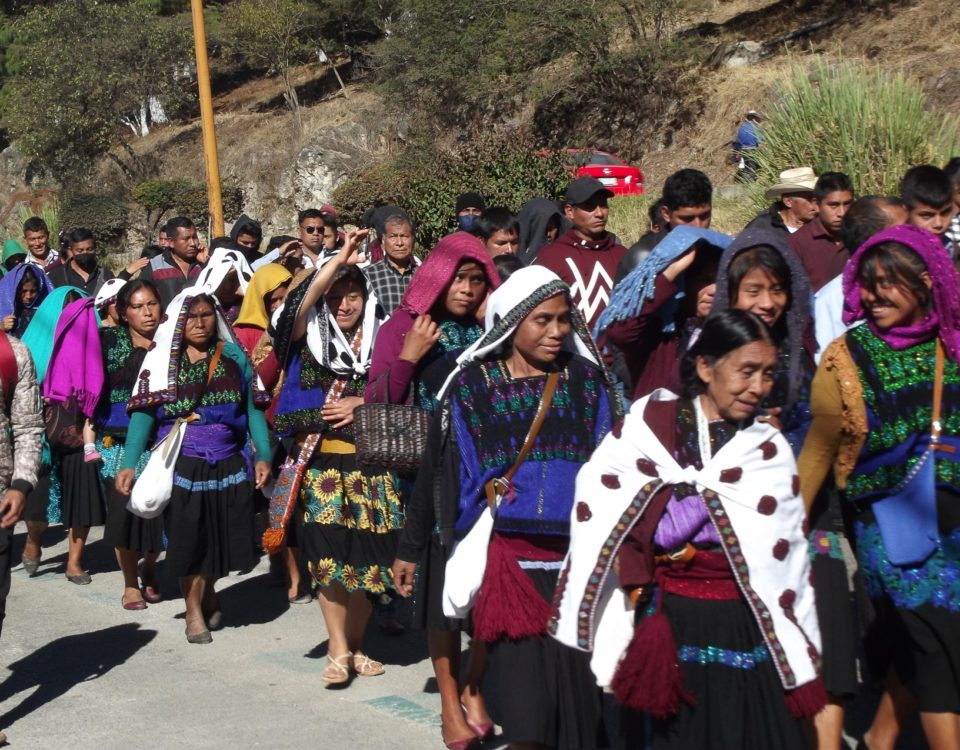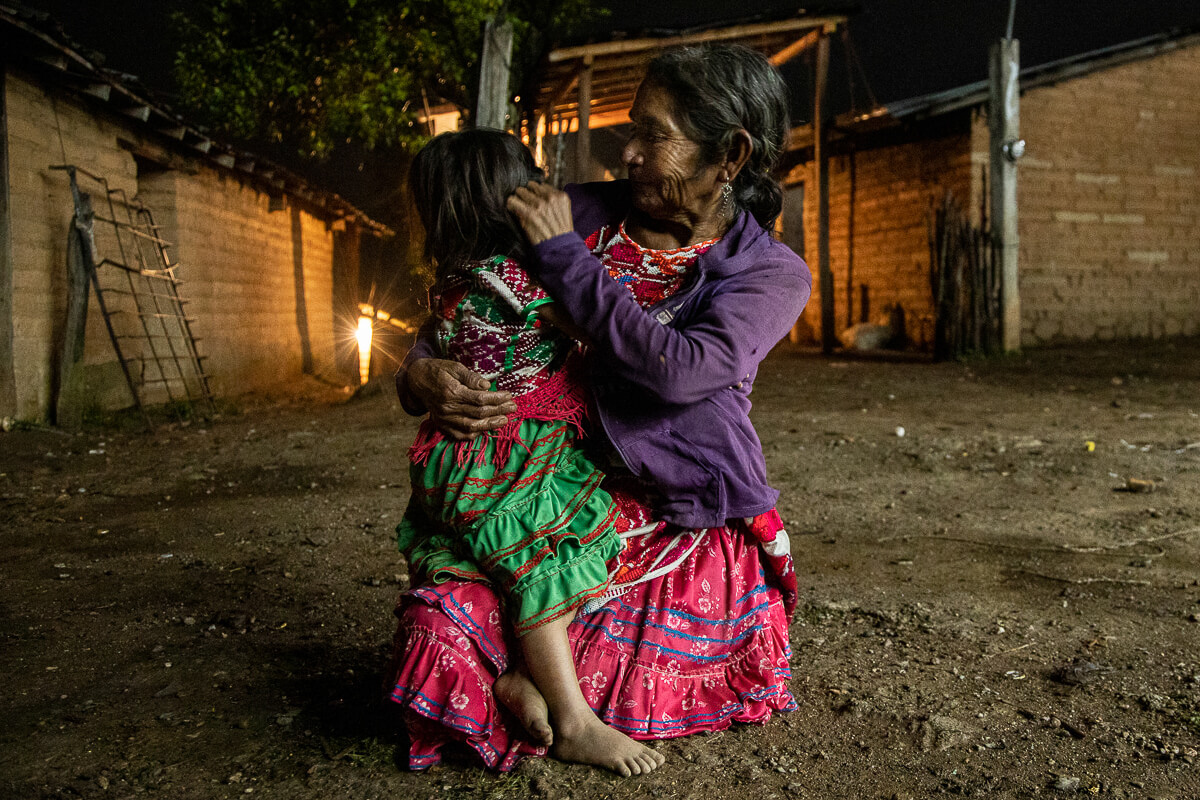
FOCUS: Guerrero, Gaping Wound
03/03/2022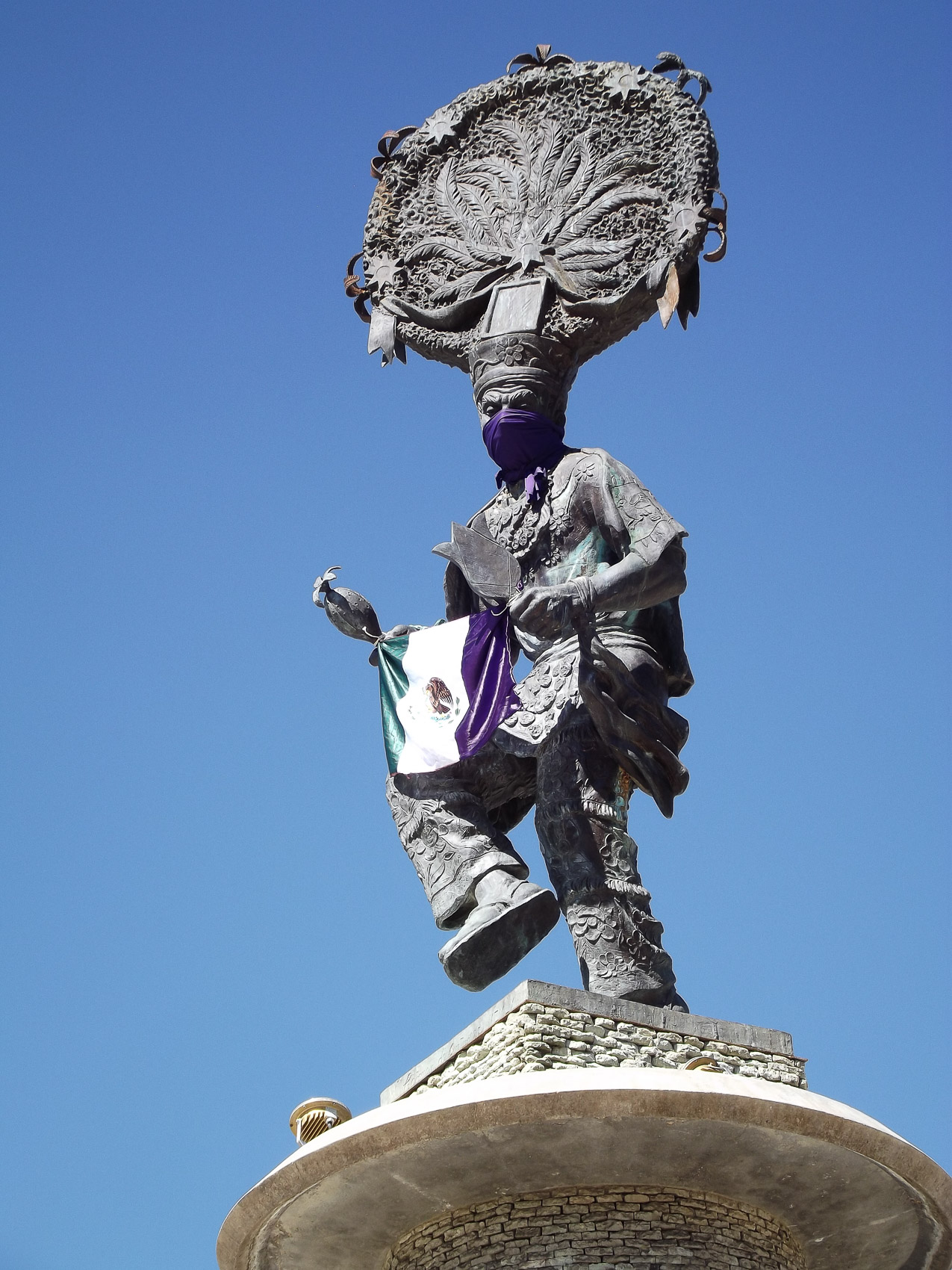
SIPAZ activities (From mid-November 2021 to mid-February 2022)
03/03/2022“I am convinced that we can look at Chiapas again with hope if we manage to come together from all sectors, building a society in which there is a place and peace and a future and harmony for all.”
T alking about human rights in Chiapas, and especially the defense of indigenous peoples’ rights, it is impossible not to evoke the great work of Bishop Samuel Ruiz Garcia. His legacy remains to this day a benchmark and a source of inspiration for those who walk in the struggle for the dignity of peoples.
Jtatic Samuel was not alone on his path. One of his great companions was the Dominican friar Gonzalo Ituarte Verduzco, with whom he shared ideals and who was awarded the Fray Bartolome de Las Casas Medal last December in recognition of “his extensive experience and vision in the peacebuilding processes in various areas and his accompaniment in different events in Chiapas for more than 40 years.”
In the ceremony that took place at the Daniel Zebadua Theater in San Cristobal de Las Casas, Fray Gonzalo Ituarte gave a heartfelt speech in which he began by recalling the beginnings of his work in Chiapas together with Bishop Samuel Garcia.
“When in the 20th century (…) we arrived in Chiapas, we saw that the Indians were dying before their time, we saw that the marginalization, racism, isolation and exploitation of the Indians had no justification, but we also saw the peoples organizing themselves, particularly after the Indigenous Congress of 1974, and we also saw some authorities and institutions making an effort to transform this unjust situation; and civil and political organizations emerged in the face of the many challenges that this reality posed; DESMI, INAREMAC, CHILTAK and many more were moving there.”
He went on to describe how they were responding to the context and the needs that it demanded, which led them to the creation of civil society organizations that continue to work today and are part of his legacy.
“And we met in Diocesan Assemblies to discern the paths. And the women took the floor and organized themselves in the Diocesan Women’s Coordination (…) And we saw the irruption of tens of thousands of Guatemalan refugees, and we recognized them as sisters and brothers, and our conscience awakened more; and then Don Samuel spoke of the Rights of the Poor. And along the way we learned to value the perspective of Human Rights and jTatik Samuel moved us to create the Fray Bartolome de Las Casas Human Rights Center; and it was with brave people from this city that he was able to start this project, which is still alive and serving. And we saw emergency situations and we responded with Caritas de San Cristobal; and given the situation of indigenous girls and boys in this city, we went with Melel Xojobal; and faced with the uprising of the EZLN we put ourselves in the middle with the National Commission of Intermediation; and in the face of the unresolved armed conflict and the continued conflict in Chiapas and the country, Services and Assessment for Peace was necessary; and before the numerous migrants we concur with Pastoral Service for Migrants.”
He continued with a harsh description of the current context, with an x-ray of what is happening in Chiapas that many see, but few venture to break down in such a timely manner.
“In this 21st century, after a brief absence, I return to Chiapas and see it from the window of San Cristobal de Las Casas and what do I see?
I see:
Fear
Insecurity
Violence
Dispute over urban territories with armed groups
Motorcycle gangs and young people tempted to join the crime
Organized and disorganized crime; and also politicized crime
And gunshots and kidnappings and threats and the murder of a prosecutor and good people
And dispossession of property
Destruction of wetlands
Pollution of rivers and dried up springs
Devastation of forests and mountains
A thirsty city, while the deep water reservoir becomes a commodity
A city threatened with death if it does not act quickly and well.
I see a fractured society,
Raped women
I see victims of human trafficking
I find abuse of working girls and boys
A growing generation gap
The call of Vice Town with clubs and canteens
Traffic and misfortunes due to drugs and drug trafficking
I also see Dispersed Organizations
Mistrust of institutions and authorities
Political parties that split
Sterile consumerism
Individualism that isolates
Anarchic and suicidal urban growth
Rejected and criminalized migrants.”
“I see criminals who believe that they will not be arrested
I see threats, defamation and kidnappings against Human Rights Defenders and against Ecologists who defend the environment.
Fear of going out on the road, because of the blockades, extortions and assaults.”
After detailing the convulsive reality in all its dimensions, he continued his speech with a message of hope in which he spoke about the opportunities he sees to restore peace and make Chiapas a place where life is possible.
“I have hope and I believe that it is possible to walk in harmony, yielding to the common interest, so that the particular interest is possible.”
“It is clear that there will be no tourism if there is no tranquility, that there will be no life if there is no water for everyone, there will be no trust if the law is not applied with justice, there will be no social cohesion if it is not discovered that this city, (and municipality, and Chiapas) belongs to everyone.”
Finally, he addressed the representatives of civil society, academia and the three levels of government who attended the delivery of this recognition, making a call to find a way to work together and overcome the situation in which the state of Chiapas finds itself engulfed.
“In fact, my invitation is to assume the serious reality that this municipality and our State is experiencing and call on all of those present here to join forces and wills to overcome this situation and make it possible for this city and its rural communities, and the entire State of Chiapas to be a space of peace, where people can live, where the common good comes before private interests, without underestimating them.”
“The fundamental task is to look for new answers to obtain good results and not repeat the previous recipes that led us to this very serious circumstance.”
“It is in our hands, thank you very much.”
With this brief but profound speech it is possible to understand the complexity of the reality of Chiapas, a history marked by dispossession, exploitation, marginalization, racism, classism and violence towards indigenous peoples. But also, a story of struggle and resistance and in which endearing characters such as Jtatic Samuel and Friar Gonzalo Ituarte Verduzco have accompanied have left their mark.

